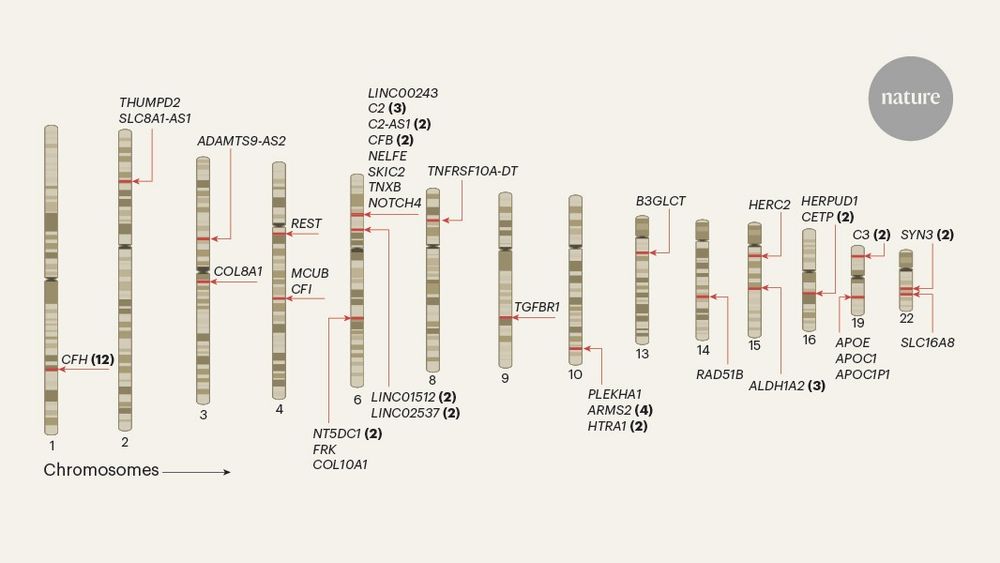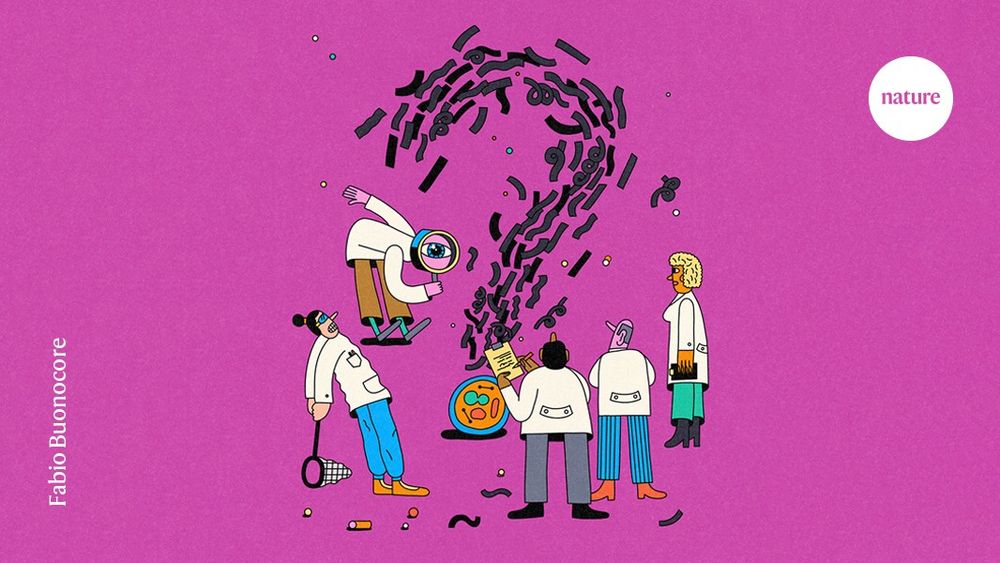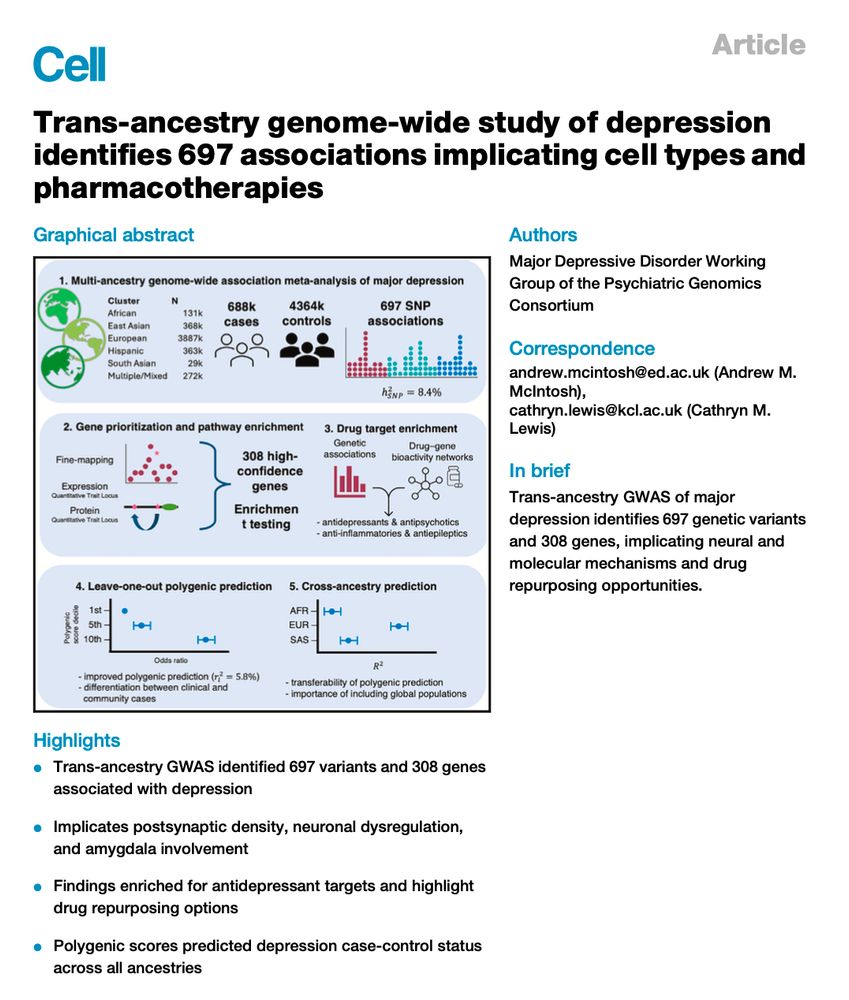
And thanks to @ankehinney.bsky.social for the great ceremony and prize announcements ✨
@neurologieessen.bsky.social @unidue.bsky.social



And thanks to @ankehinney.bsky.social for the great ceremony and prize announcements ✨
@neurologieessen.bsky.social @unidue.bsky.social
https://go.nature.com/3RPTMTG

https://go.nature.com/3RPTMTG





- #women,
- people of diverse #ethnic backgrounds,
- #lgbtq people,
- people with #disabilities,
- #socially-disadvantaged people
are adequately included in #clinical #trials so that new drugs and therapies work for everyone.
- #women,
- people of diverse #ethnic backgrounds,
- #lgbtq people,
- people with #disabilities,
- #socially-disadvantaged people
are adequately included in #clinical #trials so that new drugs and therapies work for everyone.
www.cell.com/cell/fulltex...
A thread 🧵:

www.cell.com/cell/fulltex...
A thread 🧵:


